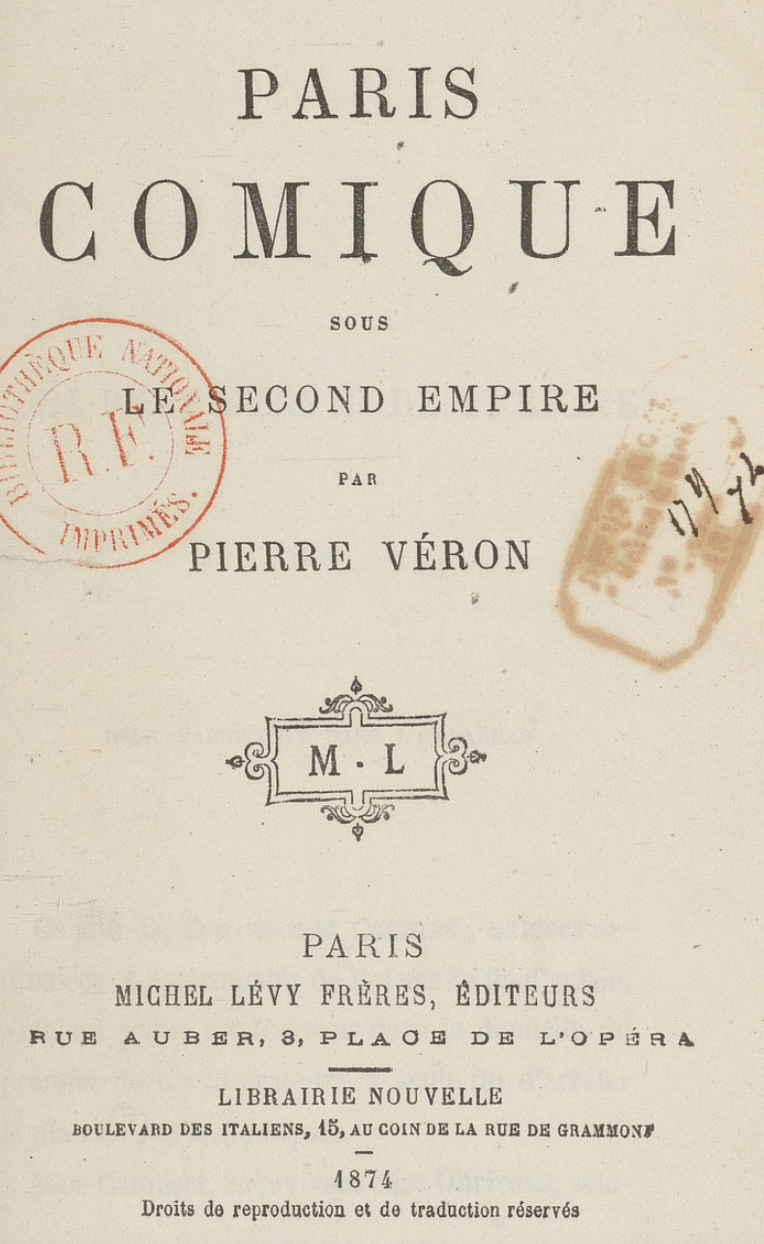Imran Khan's Polygraph Tests Denied by Anti-Terrorism Court Amid Controversy

LAHORE: On June 12, 2025, an Anti-Terrorism Court (ATC) in Lahore denied a request from law enforcement to extend the timeline for conducting polygraph and photogrammetric tests on former Prime Minister Imran Khan. This decision comes in relation to ongoing investigations into the riots that occurred on May 9, 2025, which have raised significant political and legal implications in Pakistan.
The court's ruling followed a thorough examination of the police's plea for additional time. The presiding judge remarked that the prosecution had already afforded Khan two opportunities to undergo the tests, which he had declined on both occasions. The court's stance was clear: further delays would only serve to waste judicial resources. "This is a unique case where the suspect has shown no willingness to prove his innocence," stated the judge during the proceedings.
Imran Khan, who served as the chairman of the Pakistan Tehreek-e-Insaf (PTI) party, remains at the center of controversy following the May 9 riots, which were marked by widespread violence and unrest. The events of that day have been described by many, including political analysts and legal experts, as a significant turning point in Pakistan's political landscape.
According to Dr. Ayesha Malik, a political science professor at the University of Lahore, the court's decision not only reflects the judiciary's frustrations with the police's handling of the case but also underscores the growing tensions between law enforcement and political figures in Pakistan. "This case is emblematic of larger issues within Pakistan's judicial and political systems, where accountability is often selectively applied," she noted.
The May 9 riots were reportedly triggered by Khan's arrest on corruption charges, which his supporters claim was politically motivated. In the wake of these events, the government has faced increasing pressure to address public concerns regarding political repression and the rule of law. According to a survey conducted by the Pakistan Institute of Public Opinion in May 2025, over 60% of respondents believe that Khan's arrest was unjustified, reflecting the polarized political sentiment in the country.
Amidst these developments, legal experts are also weighing in on the implications of the court's decision. Dr. Rahim Shah, a legal scholar at the Lahore School of Law, remarked, "This ruling sets a precedent that could affect future cases involving high-profile political figures. It raises questions about the rights of defendants and the responsibilities of the legal system to ensure fair treatment."
The ATC's rejection of the request for further testing has prompted discussions about the role of forensic evidence in Pakistani courts. Traditionally, the use of polygraph tests has been controversial, with critics arguing that they do not provide reliable evidence. The American Psychological Association has cautioned against the use of such tests in legal settings, stating that they can produce misleading results.
As the investigation continues, the implications of this court ruling extend beyond Khan's individual case. Political analysts warn that the decision could exacerbate tensions between the PTI and the current government, potentially leading to further unrest.
Looking ahead, experts suggest that the political climate in Pakistan may become increasingly volatile as the country approaches the next election cycle. "The aftermath of the May 9 riots and the ongoing legal challenges faced by Khan could ignite further protests, particularly among his supporters," indicated Dr. Malik.
In conclusion, the ATC's decision to deny additional time for polygraph testing presents crucial ramifications for Imran Khan's legal battle and the broader context of Pakistan's political arena. The intersection of law and politics continues to be a contentious issue, with the potential for significant consequences in the months to come. As the situation unfolds, it remains to be seen how the judiciary will navigate these complex dynamics and what impact this will have on the future of Pakistani politics.
Advertisement
Tags
Advertisement





